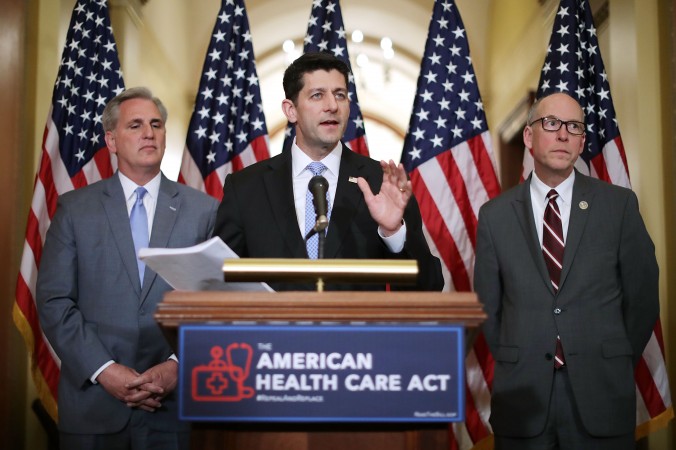
Author: Admin


Focus Turns Back to Regulatory Relief As ACA Remains Law
Now that House leaders have withdrawn the GOP’s American Health Care Act from further consideration, the Affordable Care Act (ACA) will stay in effect and attention is turning to federal agencies for any regulatory relief they can give employers under the existing law. In the meantime, employers ...

Key Points of GOP Healthcare Bill
Here are just some of the preliminary changes the American Health Care Act will repeal/replace from the Affordable Care Act: Tax credits Both the GOP bill and the ACA provide tax credits to help some people pay their premiums if they don’t get insurance through work or government programs. And in...

NYDOL Releases Proposed Model Templates for Written Notice and Consent under New Wage Regulations
Update 2/22/2017 The New York State Department of Labor (NYSDOL) issued final regulations in September 2016, significantly restricting the use of payroll debit cards and imposing disclosure and consent requirements for direct deposit. The regulations (12 NYCRR §192) were to become effective on ...
Timeline For Repeal of Affordable Care Act

Top and Bottom Earners Responsible for Most Health Care Spending, Study Shows
Middle-range earners had lower use, and less misuse, of health services High-wage earners spend the most, per patient, on health care in the U.S., a new study finds. But the lowest-wage workers were the next biggest spenders on health care. In a Goldilocks scenario, those earning in the middle ra...
Our Staff

Our Locations
View More on our Facebook Page

Medicare Glossary: a Guide to Terminology
There’s a lot to know about Medicare, including many terms associated with the insurance program that you’ll need to understand when signing up for and using your Medicare benefits. Here, a glossary of some of Medicare’s most common terms. Medicare Medicare is the federal health insurance program...

Service – We’ve Got Your Back
“Experience is the thing of supreme value” ~ Henry Ford When working with a broker, typically the employer doesn’t pay the broker directly for their services. Brokers are paid commission, usually a percentage of the premiums paid for the various lines of coverages that the employer group maintain...
